Scopely, the biggest mobile game publisher in the United States, will acquire Niantic’s video game division, including the immensely popular Pokémon GO.
The deal has sent shockwaves throughout the gaming world, so here is everything you need to know about Scopely’s acquisition of Pokémon GO and other Niantic games.
Table of contents
Why did Niantic sell Pokémon GO?
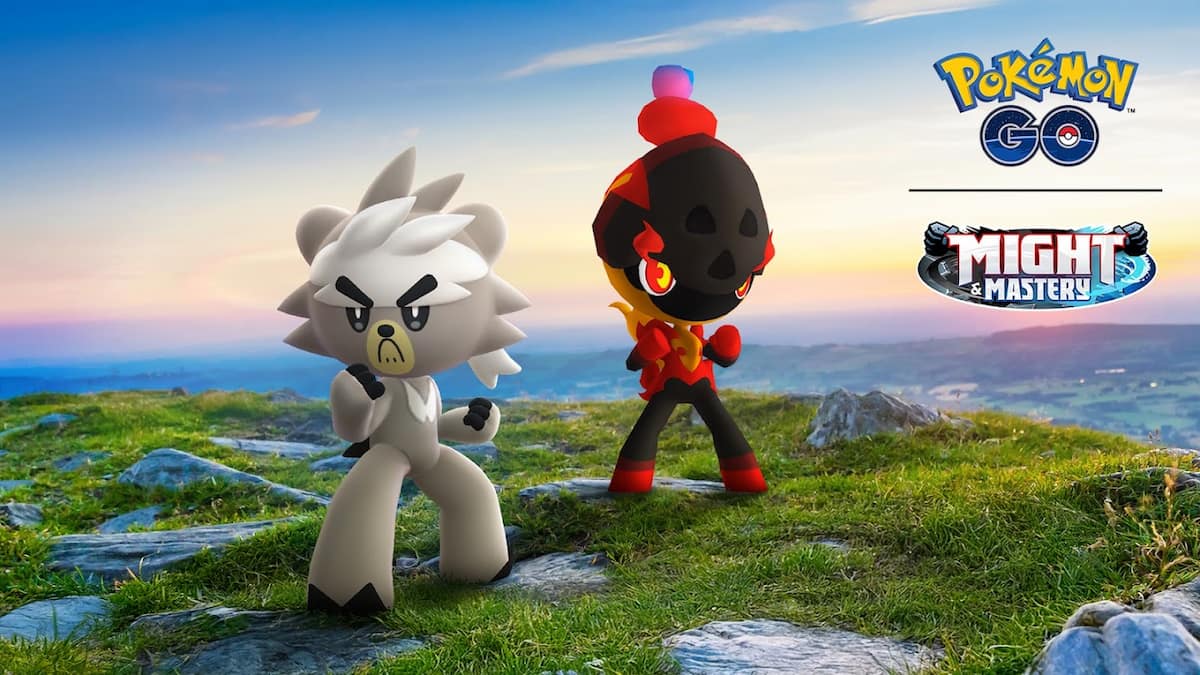
Niantic’s decision to sell Pokémon GO and their other games appears to come as a result of a focal shift for the company.
“The rapid progress in AI reinforces our belief in the future of geospatial computing to unlock new possibilities for both consumer experiences and enterprise applications,” Niantic said on its blog, indicating that the ever-increasing demand of AI technologies, and the workload that comes with this, cannot be met while the company focuses on many different things.
As a result of their continued commitment to “forever games,” and a desire to focus more on AI and other technologies, Niantic decided to sell off their games division to Scopely, including mobile giants like Pokémon GO.
“Scopely’s focus on building and operating incredible live services, its exceptional experience working with the world’s biggest and most beloved intellectual property, and care for its player communities and game-making teams make it the perfect fit for our games,” Niantic said.
The company is set to open an AI and geospatial-focused company following the acquisition and will retain its alternate reality games like Peridot and Ingress Prime.
What Scopely’s acquisition of Pokémon GO means for the IP
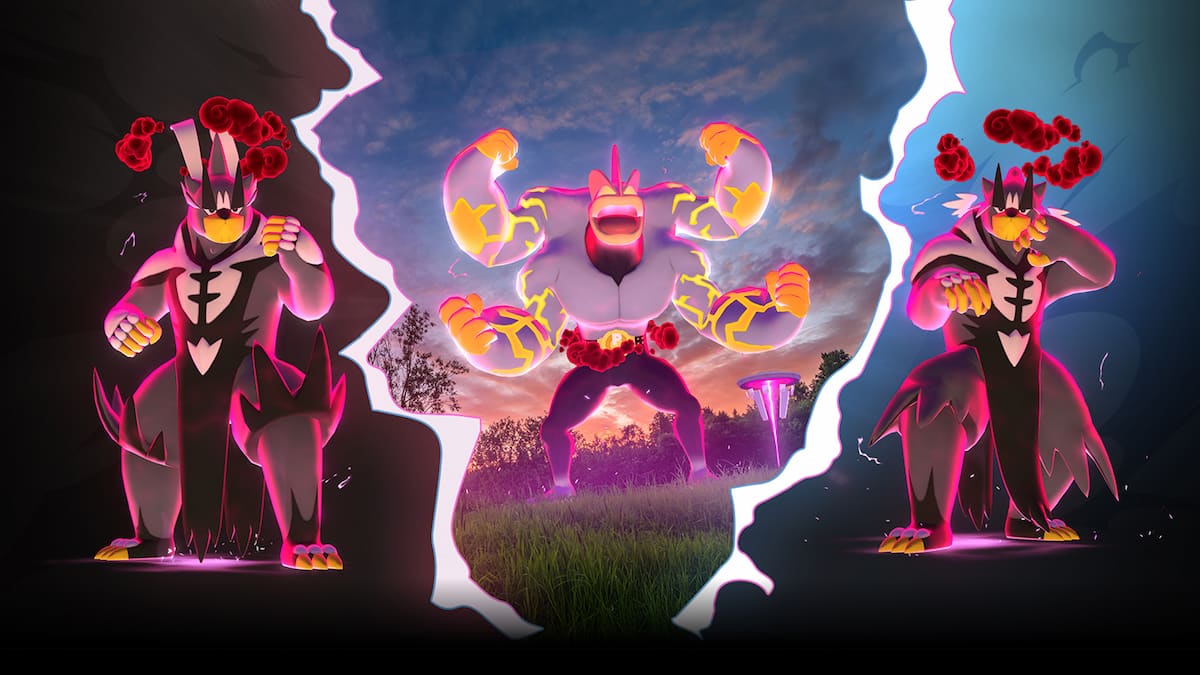
While many fans are afraid that their beloved games, especially Pokémon GO, will lose their charm under new management, Scopely said that it aims to keep the entire former Niantic games business running unchanged.
In one of three blogposts, Scopely’s representatives said that the entire Niantic games team is set to join Scopely, with no staff cuts or layoffs planned as of yet.
The company pledged “to support the Niantic team on their creative journey, providing the space, resources, and freedom to innovate and iterate on what makes these games meaningful to [players],” and enable developers of Pokémon GO, Pikmin Bloom, and Monster Hunter Now to “bring [their] vision to life in a way that stays true to the spirit of these games and the communities.”
Ed Wu, the long-time lead of Niantic’s Pokémon GO team, said that he is “very excited” for this move, saying that Scopely “expressed a deep admiration for this community and our team,” and that the whole original Pokémon GO team will remain intact after the acquisition
“I have every belief Pokémon GO will further flourish as part of Scopely,” Wu proclaimed, but did note that he couldn’t guarantee that changes wouldn’t be made to the game because “it has always been a work in progress.”
Scopely is a massive company with immense resources, and those extra funds under a purely gaming-focused company could prove exceptionally impactful. However, as with any massive publisher, the future is entirely unpredictable and community sentiments might be set aside to satisfy quarterly earnings and shareholders.
Scopely’s monetization practices haven’t had the best rep thus far, and it remains to be seen how they’ll influence Pokémon GO and other former Niantic properties.
All Niantic games acquired by Scopely
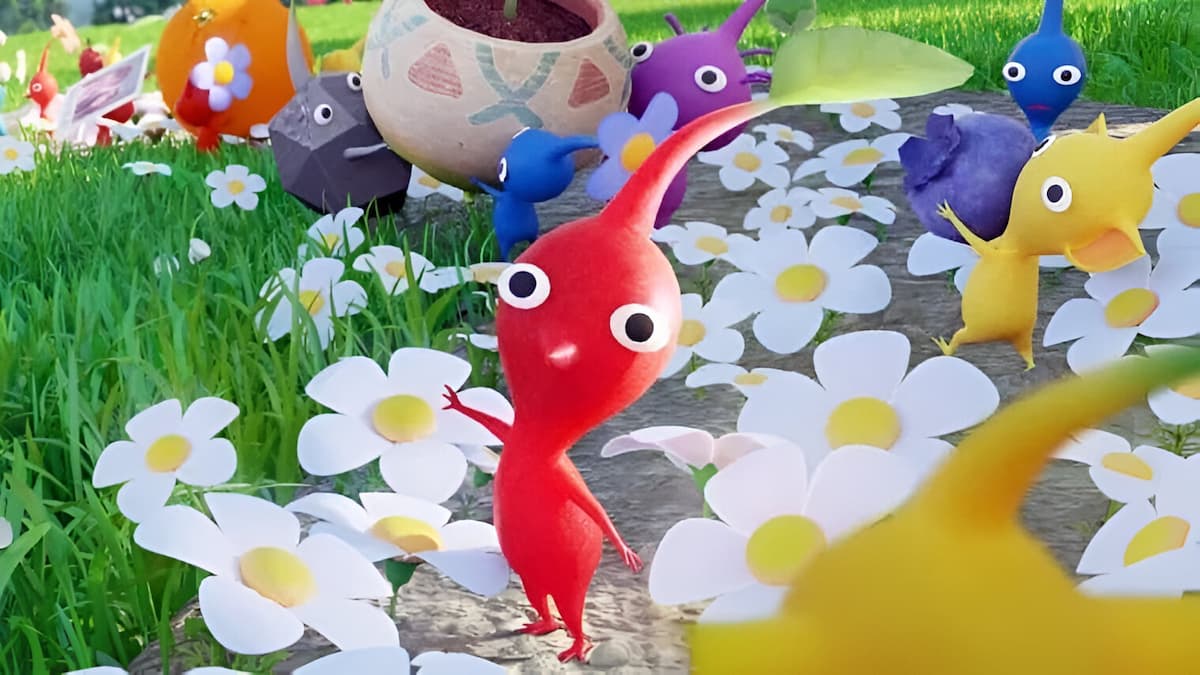
Scopely acquired most of Niantic’s video games, excluding Peridot and Ingress Prime. Here are all the former Niantic games now owned by Scopely:
- Pokémon GO
- Monster Hunter Now
- Pikmin Bloom
- Wayfarer app
- Campfire app
The latter two are complimentary applications that provide players with additional ways to socialize and share game information between each other.


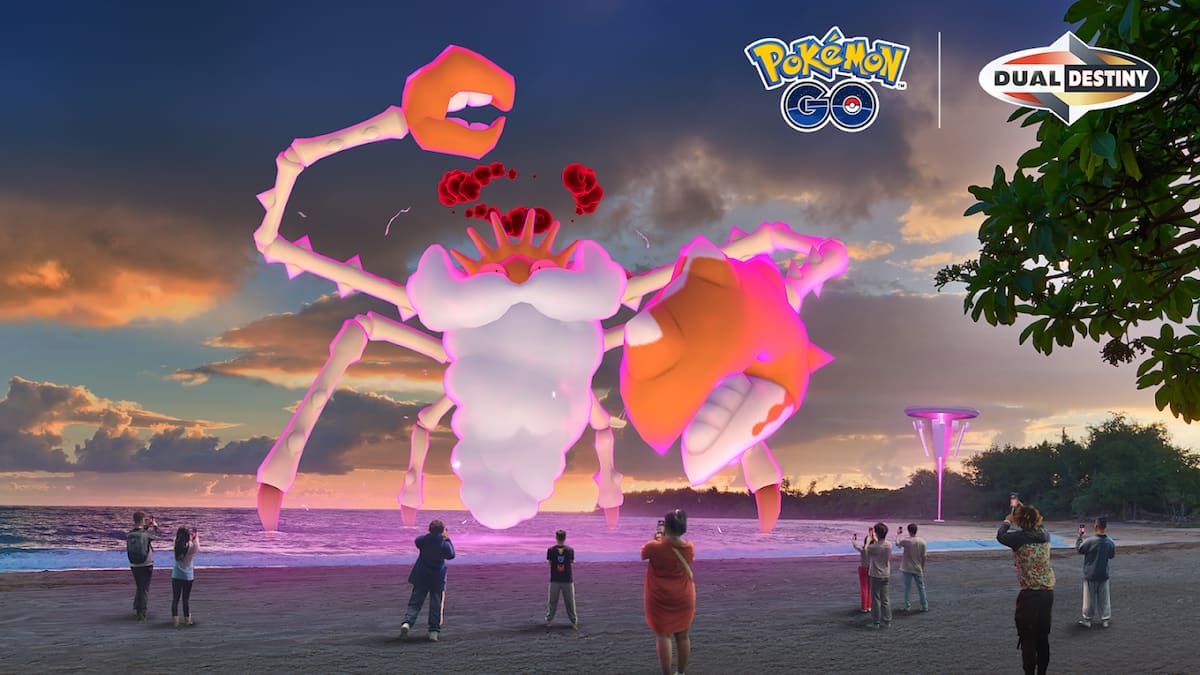
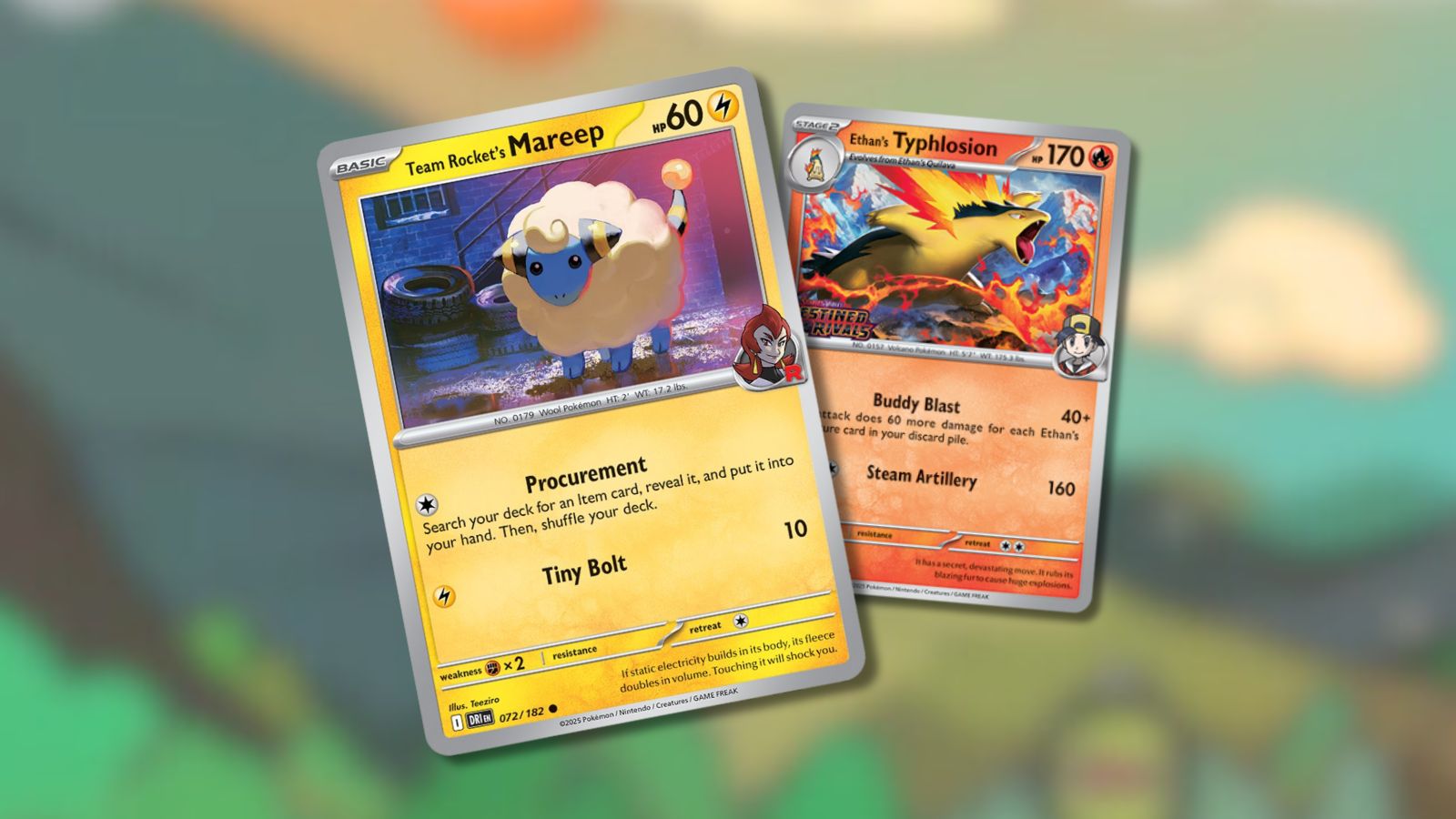
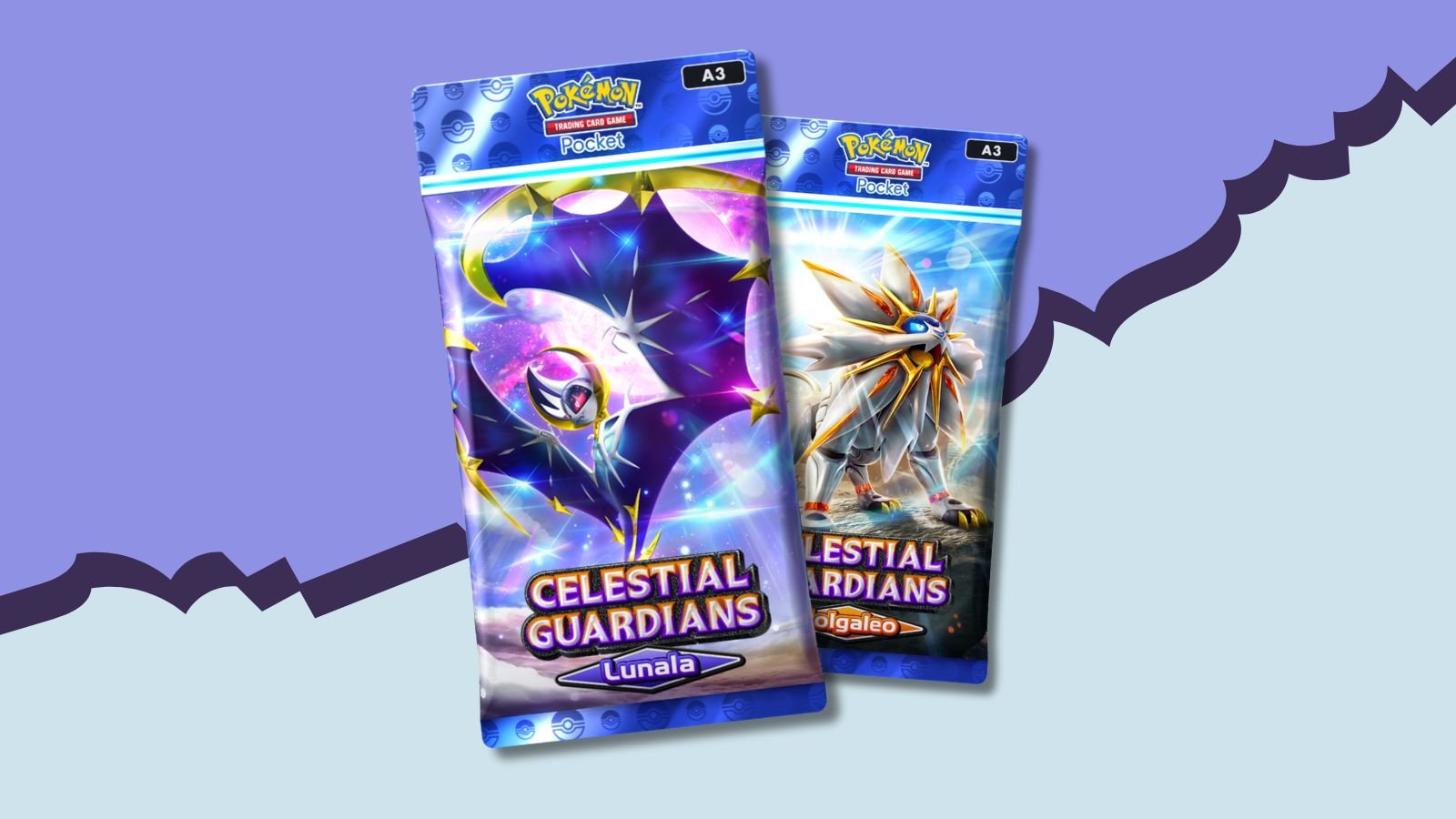
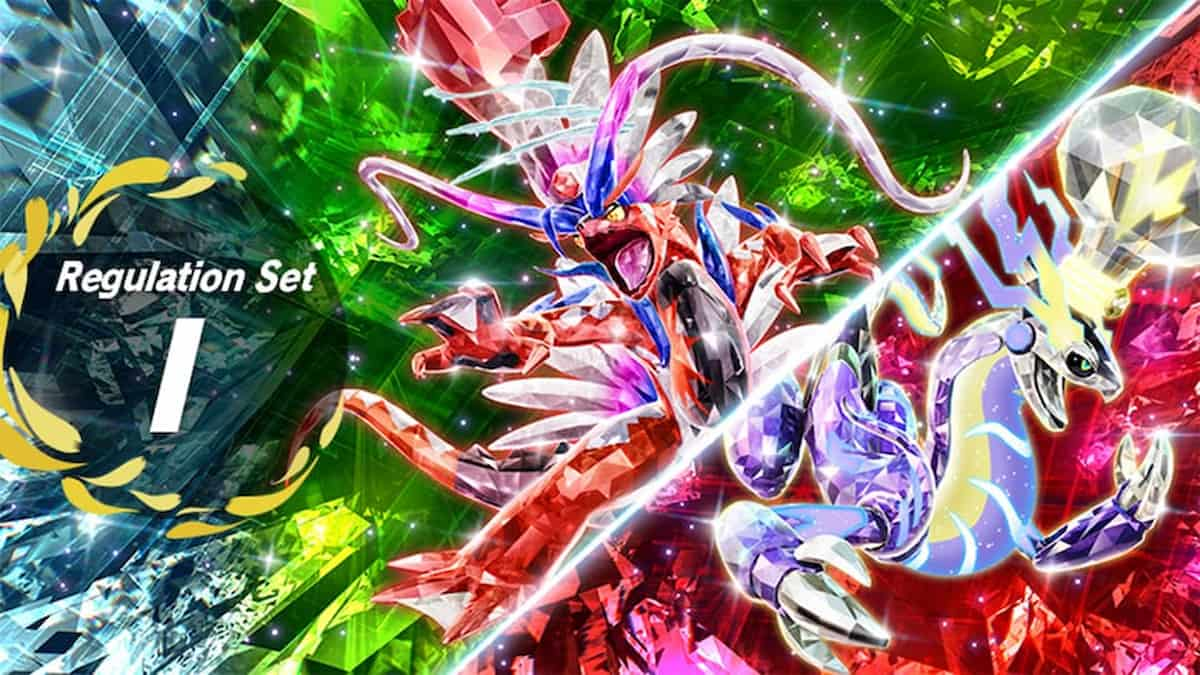
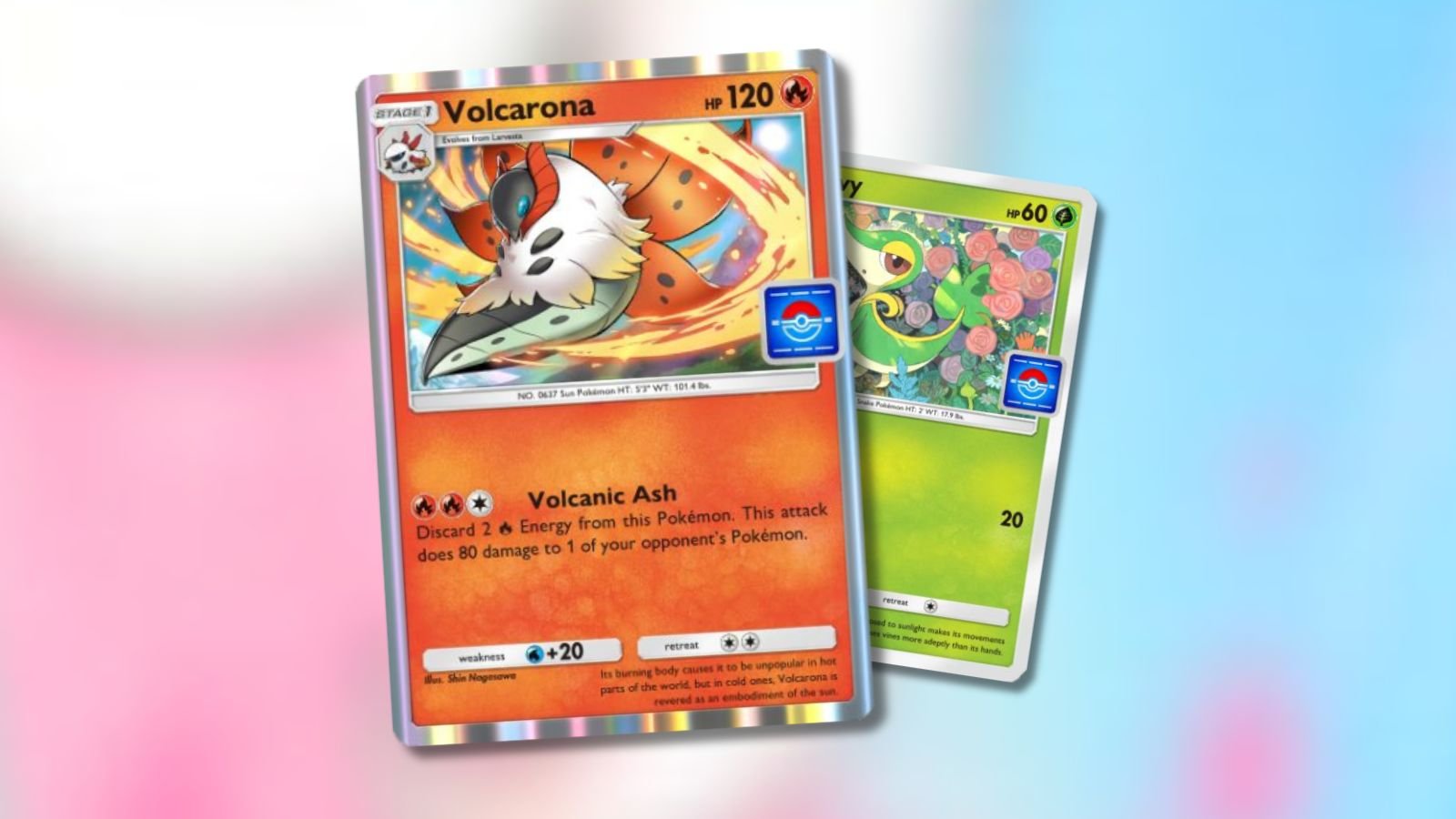

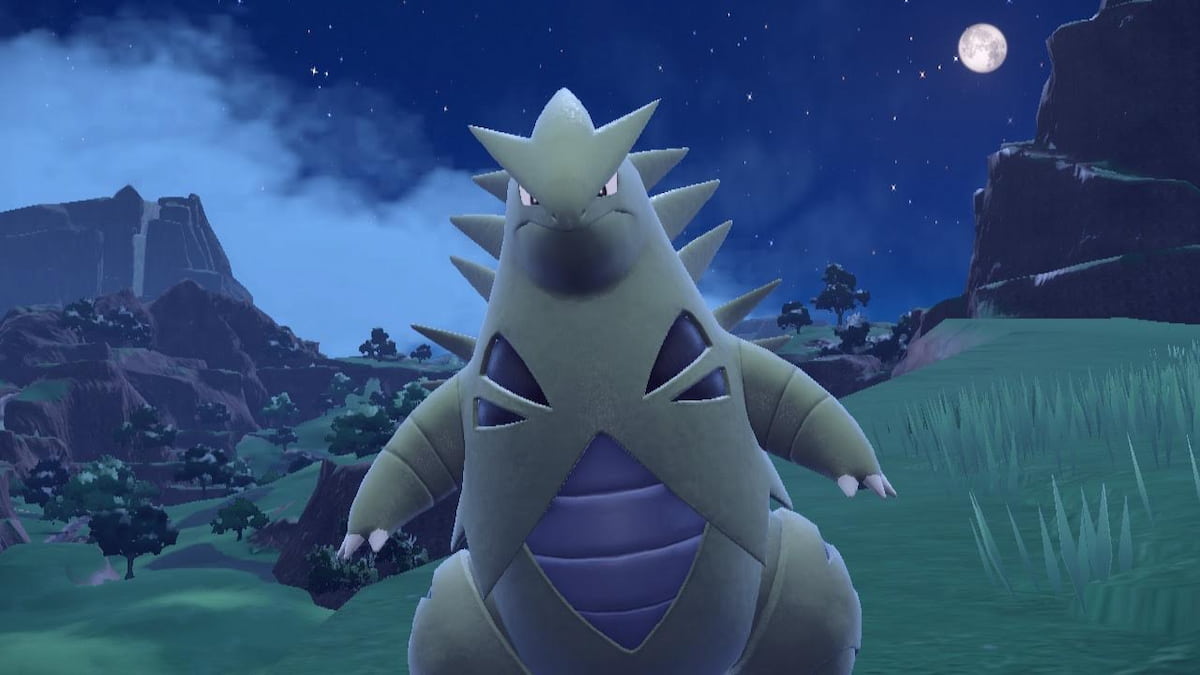
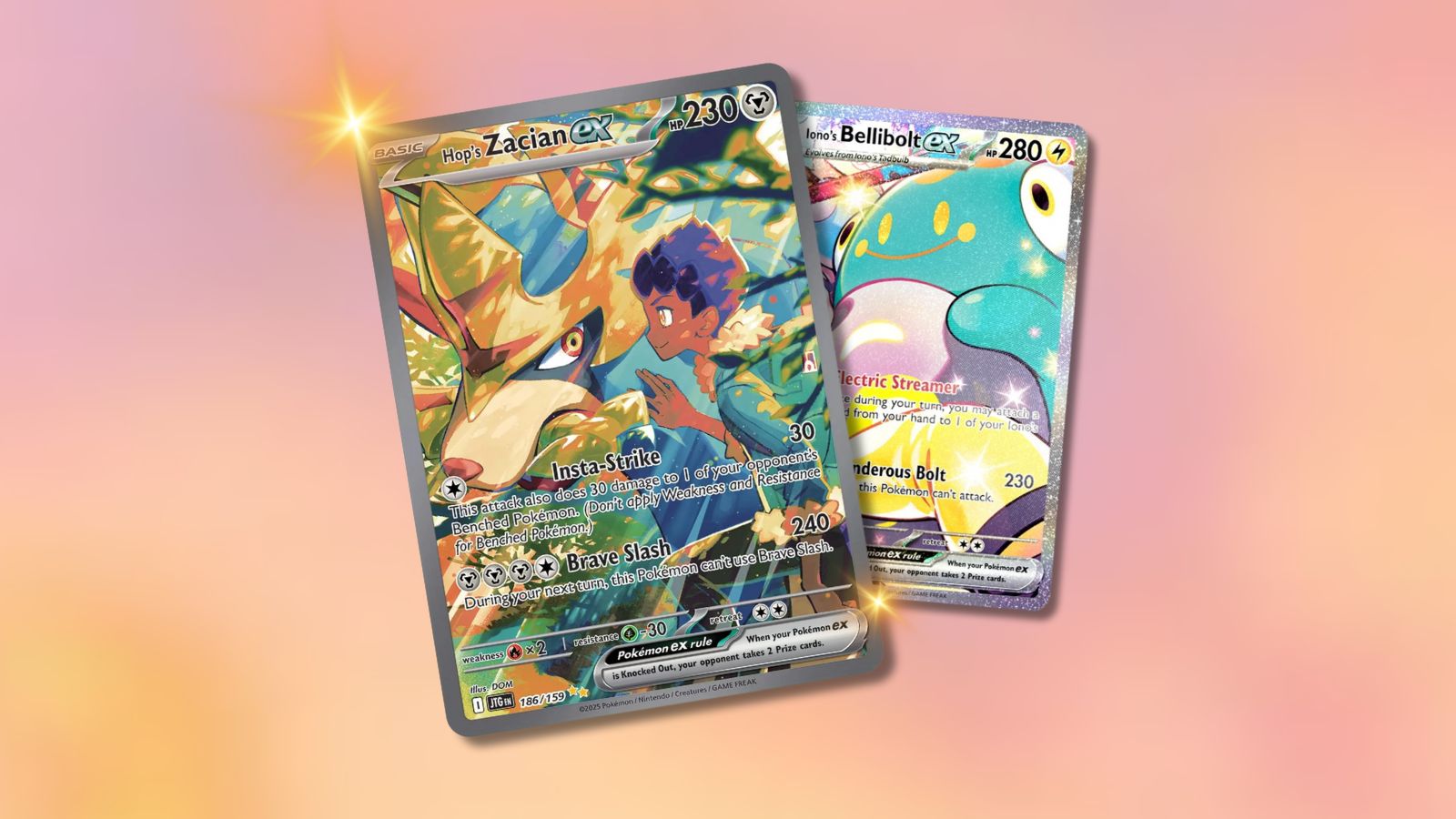
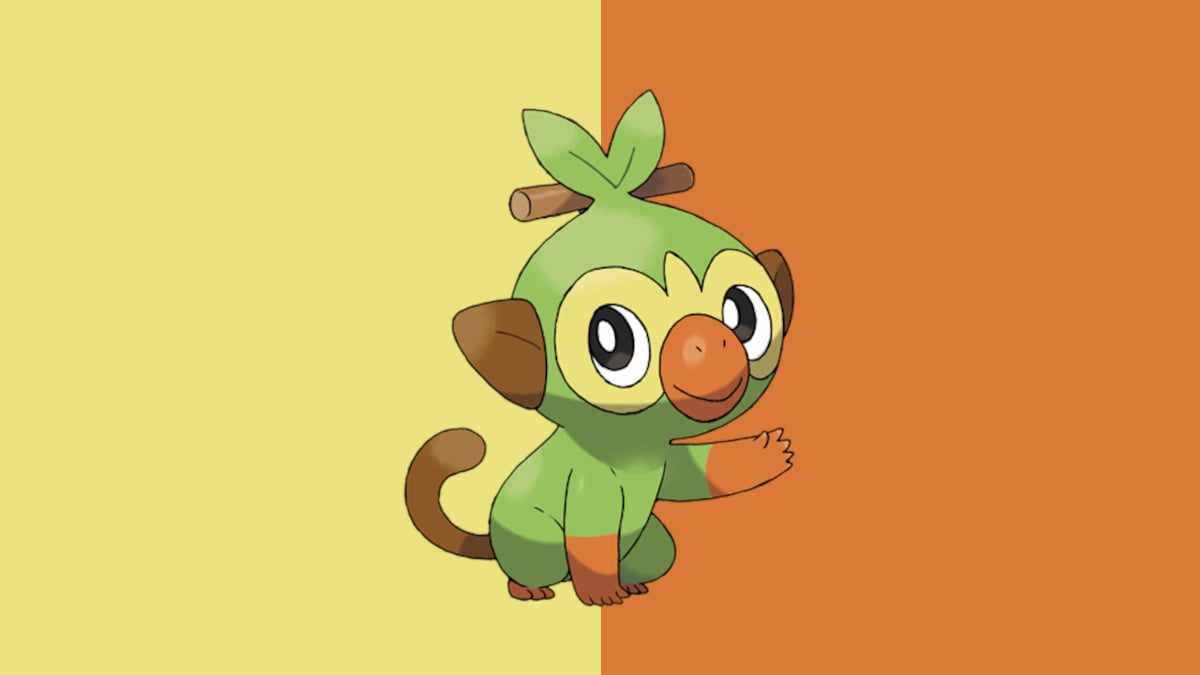
Published: Mar 12, 2025 11:18 am